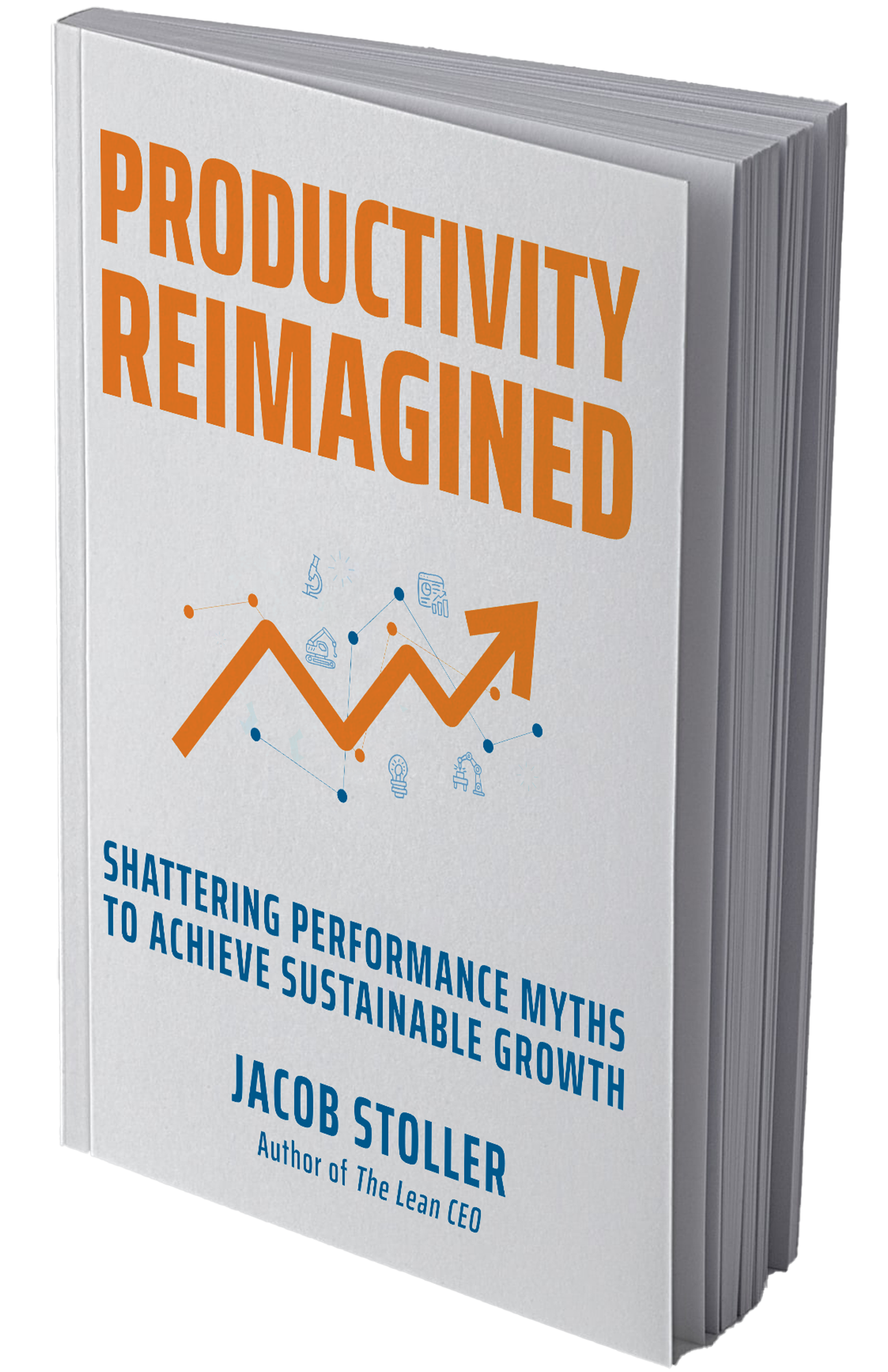People tend to think of humility as a personality trait. We see the humble person as one who doesn’t boast, gives credit to others, and is self-critical. There is, however, another side to humility that’s not quite as obvious to people, yet it is absolutely essential for lean leaders. This is what I would call intellectual humility – the willingness to admit that we don’t have all the answers. When Taiichi Ohno talked about genchi genbutsu, he was, I believe, describing that kind of humility.
This mindset is fundamental to scientific approach. Einstein was said to be a very humble person – one with a profound understanding of the vastness of what he didn’t know. When testing process improvements in an organization, understanding the limits of one’s knowledge may not be as dramatic as Einstein’s, but it is just as essential to progress.
This kind of humility doesn’t come easily. It takes enormous discipline to constantly confront yourself with the reality that you don’t know. When you’re in a leadership role, this is all the more difficult, because people are conditioned to believe that you as leader really ought to know the answers. In The Lean CEO, Karl Wadensten described confronting this as the hardest thing for leaders to do.


Leave a Reply